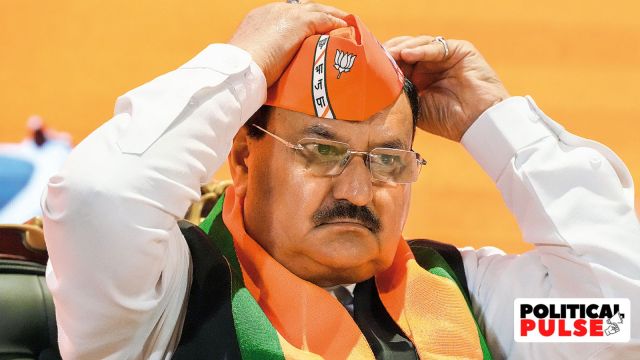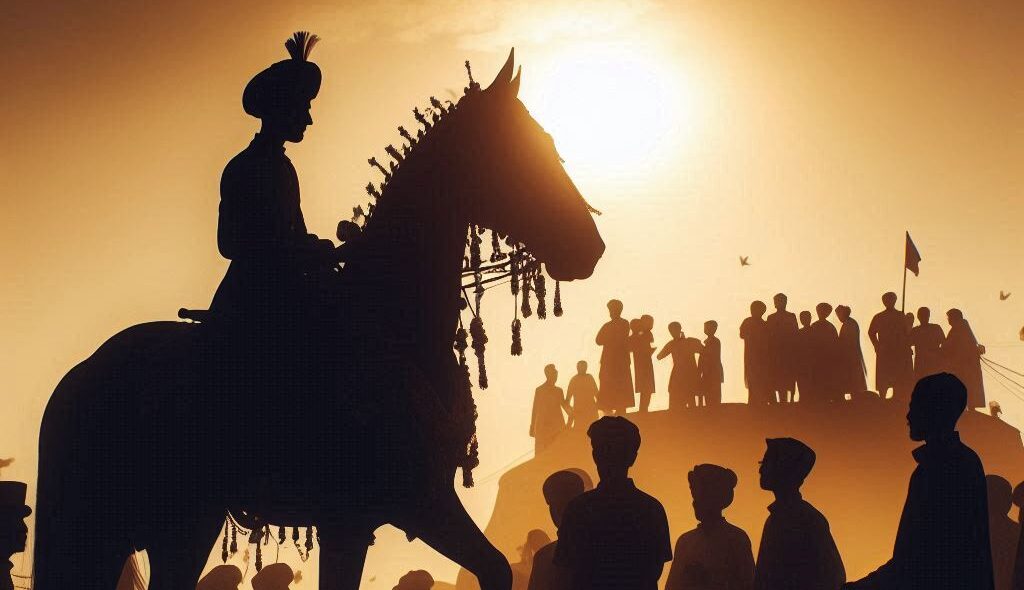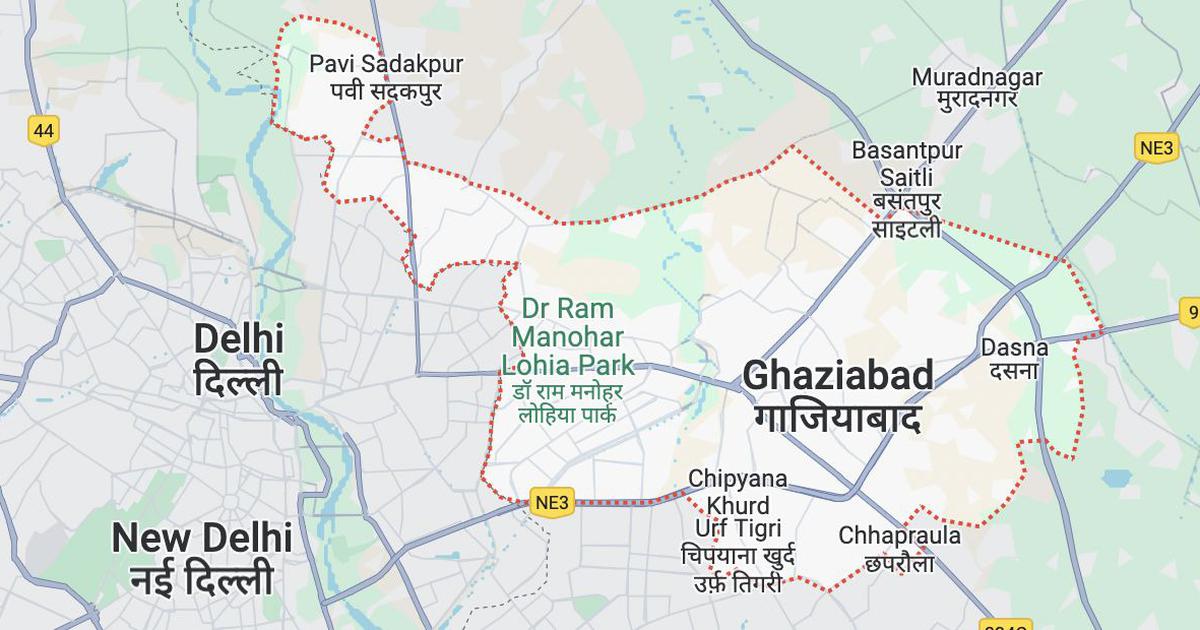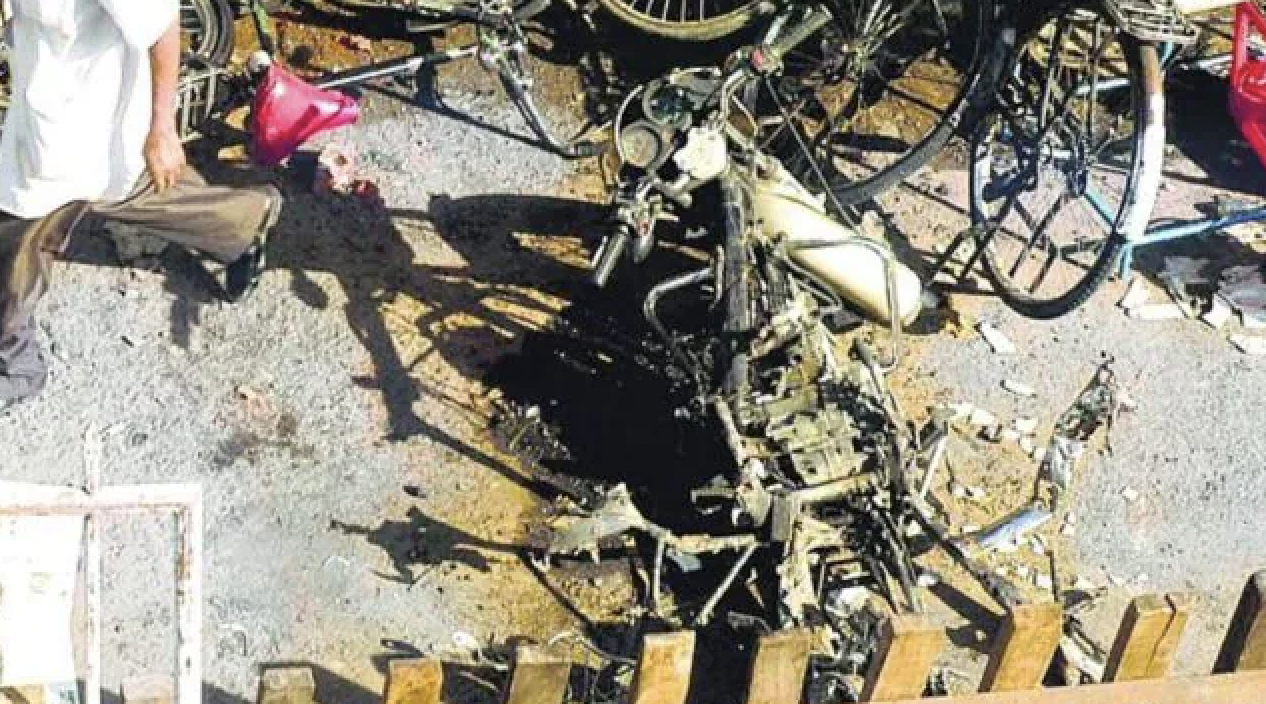By NITISH PAHWA
On Monday, Canadian Prime Minister Justin Trudeau stunned the world by all but accusing India of conducting an assassination on his country’s soil. Speaking in Parliament, Trudeau provided an update on his government’s investigation into the June murder of Hardeep Singh Nijjar, a Sikh-separatist “Khalistan” activist and Canadian citizen who was shot and killed in his truck by two masked gunmen in the British Columbia town where he served as president of a local gurdwara. “Canadian security agencies have been actively pursuing credible allegations of a potential link between agents of the government of India” and the circumstances of Nijjar’s killing, Trudeau informed the public. “Last week, at G20, I brought them personally, and directly, to Prime Minister [Narendra] Modi in no uncertain terms.”
The statement sent shockwaves across the globe even before Canada’s foreign affairs minister announced that the country was booting “a senior Indian diplomat” named Pavan Kumar Rai in connection with the investigation. India’s government then put out multiple statements on Monday referring to the allegations as “absurd” and accusing Canada of “threaten[ing] India’s sovereignty and territorial integrity,” subsequently returning the diplomatic favor by giving an unnamed senior Canadian official five days to leave the subcontinent. Trudeau said on Tuesday that he’s “not looking to provoke or escalate” the already thick tensions between his country and India, but undeniably, his disclosure has inflamed suspicions and rage across a complex geopolitical web—among Nijjar’s family and friends, among the vibrant Sikh diaspora in Canada, among the nations allied with both sides, and among Modi-loyal Indians taken aback by the Canadian PM’s audacity. The White House has already said it’s “deeply concerned about the allegations,” and further stated that “it is critical that Canada’s investigation proceed and the perpetrators be brought to justice.”
Who was Hardeep Singh Nijjar, and how did his death become the center of a global conflict? How much does Canada know? And why is India even involving itself with so many people across the world who are not its citizens? Some answers.
Why was Hardeep Singh Nijjar killed, and why was it so significant?
Hardeep Singh Nijjar was a Punjab-born Sikh who’d emigrated to Canada, where he became a citizen, owned a plumbing business, and presided over a local temple in Surrey, British Columbia, that’s named for the founder of Sikhism, Guru Nanak. While Nijjar was a beloved member of Canada’s Sikh population—which is the second largest of any country in the world, after India’s—he was legally perceived in his former country as a “terrorist,” thanks in large part to his advocacy for clawing back parts of the North Indian state of Punjab and establishing a sovereign state for the region’s Sikhs, to be known as Khalistan.
This story was originally published in slate.com. Read the full story here.






